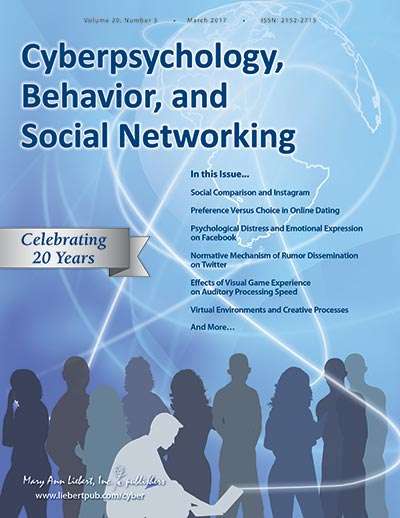Spreading rumors on Twitter and mistaking retweets for truth

A new study of the believability of information received via Twitter and the intention to pass on a tweet—whether news or rumor—is influenced by the number of times the information has already been retweeted. Number of retweets can serve as a normative cue that leads a person to presume that an unverified rumor is true, increasing the likelihood that they will share it with others, according to the study published in Cyberpsychology, Behavior, and Social Networking.
In the article entitled "Normative Mechanism of Rumor Dissemination on Twitter," Hyegyu Lee, Handong University, Pohang, and Hyun Jung Oh, CHA University, Pocheon, South Korea, describe an online experiment that included 639 Twitter users. The results indicated that users viewed both news and rumors shared in tweets as uncertain information. They determined the believability of the information based on how others viewed it. If the information had been highly retweeted it was more likely to be considered as believable.
"Whether by word-of-mouth, email, or Twitter, rumors proliferate quite easily. We must remain adamant in our use of critical-thinking skills to evaluate information and avoid equating popularity with plausibility," says Editor-in-Chief Brenda K. Wiederhold, PhD, MBA, BCB, BCN, Interactive Media Institute, San Diego, California and Virtual Reality Medical Institute, Brussels, Belgium.
More information: Hyegyu Lee et al, Normative Mechanism of Rumor Dissemination on Twitter, Cyberpsychology, Behavior, and Social Networking (2017). DOI: 10.1089/cyber.2016.0447
Journal information: Cyberpsychology, Behavior, and Social Networking
Provided by Mary Ann Liebert, Inc




















